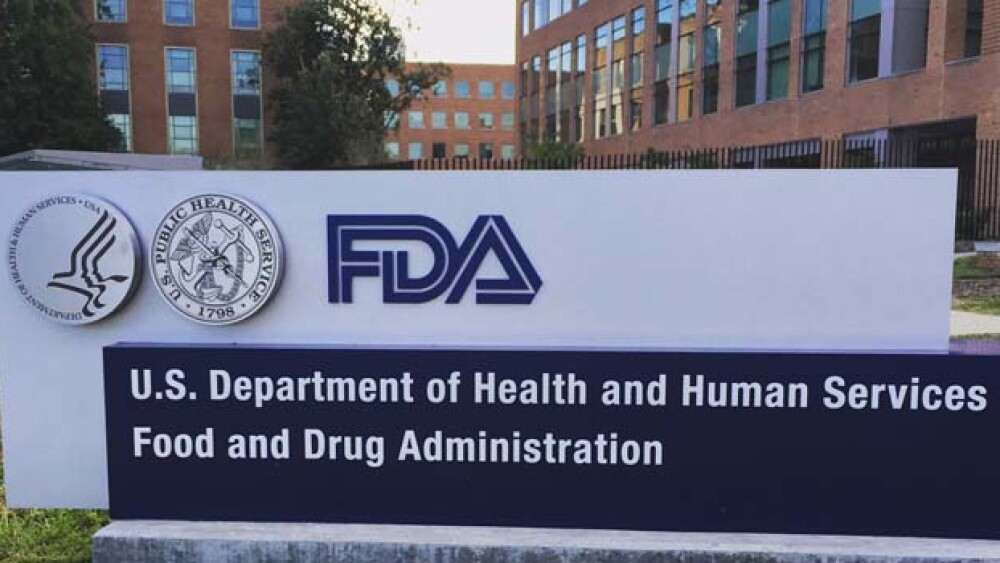Amy Abernethy, the chief medical officer of Roche-owned Flatiron Health, has been named the Principal Deputy Commissioner of Food and Drugs at the U.S. Food and Drug Administration.
Amy Abernethy, the chief medical officer of Roche-owned Flatiron Health, has been named the Principal Deputy Commissioner of Food and Drugs at the U.S. Food and Drug Administration (FDA).
Abernethy will replace Rachel Sherman, who is retiring at the end of January after serving 30 years at the federal agency. Abernethy will assume the highest position at the regulatory agency that does not require a political appointment. Prior to her stint with Flatiron, Abernethy was a professor of medicine at Duke University. There, she oversaw the Center for Learning Health Care in the Duke Clinical Research Institute and Duke Cancer Care Research Program in the Duke Cancer Institute, according to a report in Regulatory Affairs Professional Society, which first broke the news about Abernethy’s appointment.
In a memo to FDA employees, Commissioner Scott Gottlieb called Abernethy a “highly regarded thought leader.” He said she has “distinguished herself for her intellect, her passion for patient care and science, and her collegiality.”
Two years ago Abernethy was instrumental in forging a cancer research collaboration between Flatiron and the FDA. The two organizations partnered on a project to investigate the use of immunotherapies in patients with advanced non-small cell lung cancer. The project was intended to be used as a way to explore analytic approaches, clinically-relevant endpoints and safety assessment methods using real-world evidence. At the time the deal was struck, Abernethy said the collaborative project allows for the use of “real-world evidence for more accurate and actionable insights into patient care and expected outcomes outside of clinical trials, supporting the delivery of high quality patient care.”
In an interview with Matthew Herper of Forbes, Abernethy said the opportunity to serve at the FDA was too good to pass. Abernethy said she has always seen government service as a way to foment change through policy and regulation. One of her goals at the FDA is to speed up the collection of data that can be used in clinical trials.
“Historically, patient-defined concerns were always secondary, and the question is: How do you make the needs of the patient the obvious thing that we’re working on?” she told Forbes.
In her interview, Abernethy noted that her role at the FDA is broad and, while she does have some specific plans, she may end up working outside of those goals.
“This is not my chance to solve the set of problems I think are important,” she said. “It’s a chance to spend 100 percent of my time solving problems that are important for human health.”
Coming straight from a Roche subsidiary could raise some ethical concerns, particularly in areas of conflicts of interest. In his memo to staff, Gottlieb said her ethics review is still pending, Herper wrote. However, Herper noted that Abernethy, assuming the hire moves forward as planned, will not make decisions that will “directly impact any single company.” She will be involved in the shaping of regulations that impact real-world evidence that will be used across the entire industry. Abernethy told Herper that people can rest assured that she will follow all FDA rules and guidelines.





